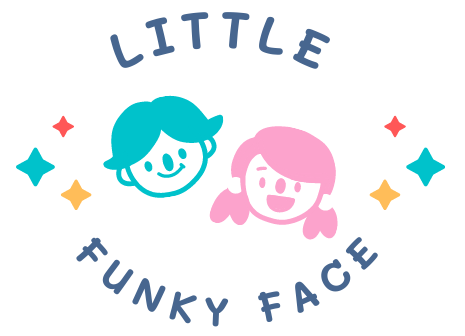In the vast landscape of artificial intelligence (AI), a controversial subset continues to capture attention and ignite discourse: nsfw ai. This branch of AI technology encompasses a spectrum of applications aimed at generating, altering, or disseminating content deemed unsuitable for professional or public settings. From creating adult-themed images and videos to manipulating audiovisual content through deepfake technology, NSFW AI presents a complex tapestry of innovation and ethical dilemmas that require careful consideration.
At its core, NSFW AI harnesses sophisticated algorithms and machine learning techniques to produce or modify content that may include explicit or sensitive material. While these capabilities underscore the remarkable strides in AI development, they also raise profound ethical concerns regarding consent, privacy, and the potential for exploitation.
One of the primary ethical quandaries surrounding NSFW AI revolves around consent. Individuals depicted in AI-generated adult content may not have consented to its creation or distribution, leading to severe violations of privacy and autonomy. This issue is further compounded by deepfake technology, which enables the seamless manipulation of audiovisual content to depict individuals in compromising or non-consensual scenarios, raising significant ethical red flags.
Furthermore, NSFW AI has contributed to the proliferation of non-consensual pornography, colloquially known as “revenge porn.” With the advent of deepfake technology, malicious actors can fabricate highly convincing yet entirely fictitious material featuring unsuspecting individuals. This not only erodes trust in digital media but also inflicts severe emotional and psychological harm on victims, with far-reaching legal consequences.
The societal impact of NSFW AI extends beyond individual privacy concerns to broader questions about social norms, sexuality, and consent. The normalization of AI-generated adult content may desensitize individuals to the ethical implications of its production and consumption, perpetuating harmful stereotypes and reinforcing gender biases. Additionally, as AI algorithms become more adept at mimicking human behavior and preferences, there is a risk of exacerbating inequalities and perpetuating harmful power dynamics in society.
Despite these ethical challenges, NSFW AI also presents opportunities for positive applications and innovation. For instance, AI-powered virtual assistants and chatbots could provide sexual health education, support individuals with sexual dysfunctions or disabilities, and facilitate open and honest discussions about intimacy and relationships. Similarly, AI-driven content moderation tools could help identify and remove harmful or abusive material from online platforms, fostering safer digital environments for users.
As we navigate the intricate landscape of NSFW AI, a proactive and multidisciplinary approach is imperative. This includes establishing robust regulations and guidelines to govern the responsible development and deployment of NSFW AI technologies, promoting ethical design principles that prioritize consent, privacy, and human dignity, and fostering greater awareness and understanding of the societal implications of AI-generated adult content.
Ultimately, the responsible integration of NSFW AI into our digital ecosystem requires collaboration and dialogue among policymakers, technologists, ethicists, and civil society stakeholders. By addressing the ethical challenges and risks associated with NSFW AI head-on, we can harness its potential for positive impact while safeguarding individual rights and dignity, paving the way for a more ethical, inclusive, and respectful digital future.
